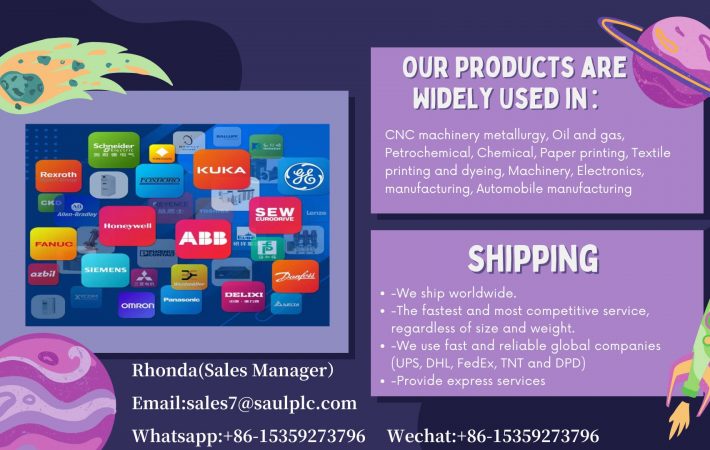In today’s digital and automated production environment, Manufacturing Execution Systems (MES) play a crucial role. It can not only help enterprises achieve real-time monitoring and tracking of production processes, but also improve production efficiency and quality. However, to maximize the potential of MES, integration with other production management systems is often required. This article will provide a detailed introduction to how to integrate MES with other production management systems to achieve more efficient production management.
1. Integration of MES and ERP systems
MES and Enterprise Resource Planning (ERP) systems are two key production management systems. MES typically focuses on operational control and data collection at the workshop level, while ERP systems are responsible for planning and managing enterprise resources. Integrating MES with ERP systems can achieve seamless integration between production planning and actual production data, helping enterprises better coordinate production, inventory, and delivery, thereby improving production efficiency and customer satisfaction.
2. Integration of MES and SCADA systems
Monitoring and Data Acquisition Systems (SCADA) are commonly used to monitor factory equipment and production processes. By integrating MES with SCADA systems, enterprises can achieve real-time collection and monitoring of production data, and use this data for MES production scheduling and quality control, thereby achieving more accurate production planning and real-time response to production anomalies.
3. Integration of MES and PLC systems
Programmable Logic Controller (PLC) is a critical system used to control factory equipment and production lines. Integrating MES with PLC systems can achieve automatic issuance of production orders and automatic control of the production process, thereby improving production efficiency and reducing the possibility of human errors.
4. Integration of MES and quality management system
Quality management systems are usually used to track and manage product quality data, including quality inspection results, quality anomaly handling, etc. Integrating MES with quality management systems can achieve real-time collection and analysis of quality data, help enterprises discover and solve quality problems in a timely manner, and improve product quality and production efficiency.
5. Integration of MES and Material Management System
The material management system is responsible for the inbound, outbound, and inventory management of materials. Integrating MES with material management systems can achieve timely supply of materials required for production and real-time tracking of inventory, helping enterprises avoid production interruptions or inventory backlog caused by material shortages or excess.
6. Integration of MES and production equipment maintenance management system
The production equipment maintenance management system is used for equipment maintenance and repair plan management. Integrating MES with production equipment maintenance management system can achieve collaboration between production planning and equipment maintenance planning, helping enterprises to arrange equipment maintenance time reasonably and reduce production downtime caused by equipment failures.
Through the above introduction, we can see that the integration of MES with other production management systems is of great significance for improving production efficiency, optimizing production plans, and ensuring product quality. Therefore, when implementing MES systems, enterprises should fully consider the integration with other production management systems to achieve overall collaboration and optimization of production management.
1. The integration of MES management system and ERP system is the key to achieving optimal allocation of enterprise resources. The ERP system is responsible for the overall planning and coordination of enterprise resources, while the MES management system focuses on the execution and control of production sites.
After the ERP system runs the production plan, it will transmit the production plan information, including production quantity, completion time, process requirements, etc., to the MES system. The MES system allocates corresponding production resources, optimizes production processes, and issues specific production work instructions to lower level workers, equipment, or control systems based on this information.
2. The integration of MES management system and PLM system is an effective means to achieve data management. Through the integration of MES system and PLM system, automatic transmission or means of transmission of product data can be achieved, ensuring that MES system can accurately obtain and use the latest product data in the production process.
3. The integration of MES management system and WMS system is a key step in achieving logistics and production collaboration. By integrating the two, the MES management system can transmit production plan information and finished product completion information to the WMS system, which then allocates materials and updates inventory based on this information. At the same time, the WMS system will also provide real-time inventory information feedback to the MES management system, helping the MES system better execute and adjust production plans.
4. The integration of MES management system and automation layer is an important link in achieving production automation and intelligence. Through the integration of MES management system and automation layer, functions such as automatic issuance of production instructions, real-time collection and analysis of production data can be achieved.
The MES management system can transmit production plans and BOM information to the automation layer, which then executes corresponding production operations based on this information and feeds real-time production data back to the MES system. This can not only improve the automation level of production and reduce the need for manual intervention, but also achieve real-time monitoring and analysis of production data, providing strong support for production decision-making.
The integration of MES management system with other systems is the key to achieving efficient collaboration in production processes. Through close integration with other systems, MES management systems can better play their role, achieving optimized allocation of production resources, accurate management of product data, collaboration between logistics and production, as well as production automation and intelligence. This not only improves the production efficiency and quality of enterprises, but also provides strong support for their development.






Leave a comment
Your email address will not be published. Required fields are marked *